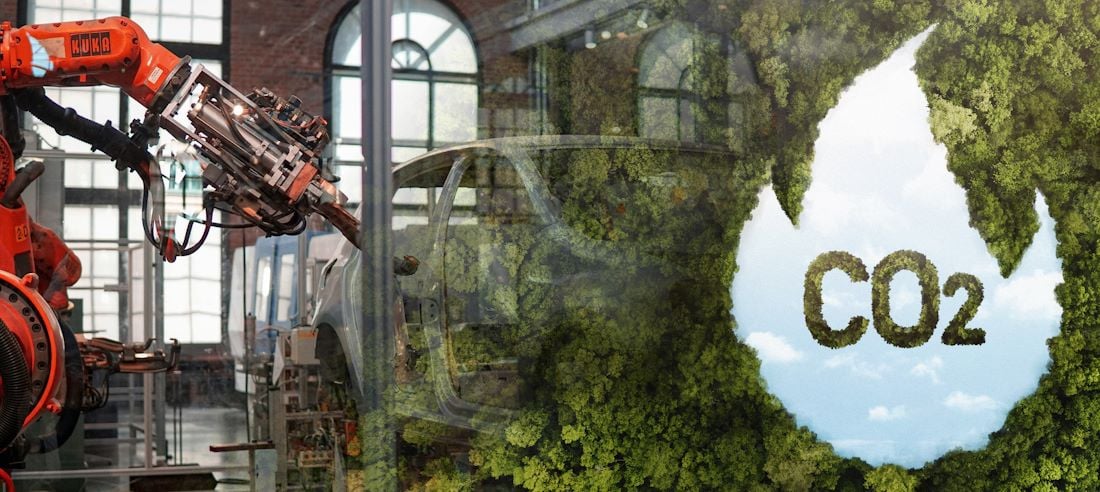Do companies have a conscience to fight global warming and manage their greenhouse gas emissions? They should have, if we all want to limit the global mean temperature increase to 2 degrees Celsius above pre-industrial levels, scientists emphasize the need for cutting of global carbon dioxide emissions to 85 percent below 2000 levels by 2050.
Business Follows Nature!
The question is not how to influence nature anymore, as it has been for several decades. The question is now how to reduce our influence on nature in order to be less influenced by natural disasters. These disasters will automatically become stronger and stronger, the less there is done. Business must follow nature! The question is how to get there. One answer can be: by standards.
Why Do We Need Standards to Manage Greenhouse Gas Emissions?
To act on a global scale we need international standards. Why is that? Even if the problem described above should lead to action itself, companies are not aware of their responsibility to act, unless there is a business value attached. That is no criticism of capitalism, nor a criticism of the behavior of business in general. First of all, a company has to act cost effective and is responsible for economic success. And this is where the standard comes in. Today, the Greenhouse Gas Protocol (GHG Protocol) launched the GHG Protocol Corporate Value Chain (Scope 3) Accounting and Reporting Standard. The standard was developed to cover the following needs. Standardized approaches and principles enable companies to prepare a true and fair scope 3 GHG inventory which offers the identification of cost-effective processes which are low in emissions.
Strategies to Manage and Reduce GHG Emissions
Referring to the standard, it will be possible to develop effective strategies for managing and reducing scope 3 emissions especially by analyzing the complete value chain. It goes without saying that the standard also focuses consistency and transparency in public reporting which is comparable internationally and therefore effects competition. The same applies to the GHG Protocol Product Life Cycle Accounting and Reporting Standard. While the first standard focusses the complete value chain, the latter is promoting an effective management of GHG emissions of products and services.
Sustainable Business Needs Standards
Sustainable business needs standards, both for environmental protection and fair economic competition – worldwide.
Article image by NASA On the Commons





